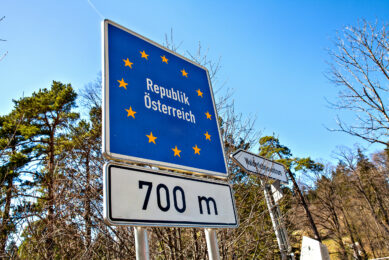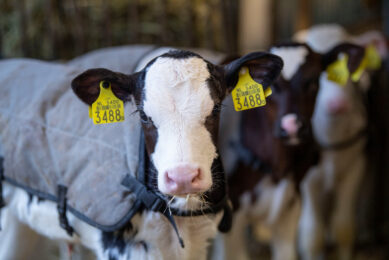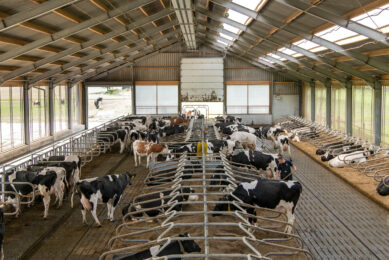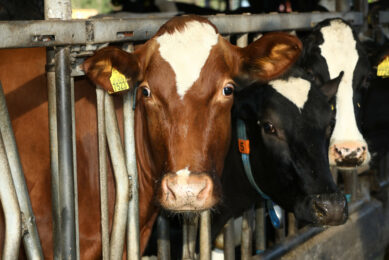Bovine TB at lowest levels in England for 15 years
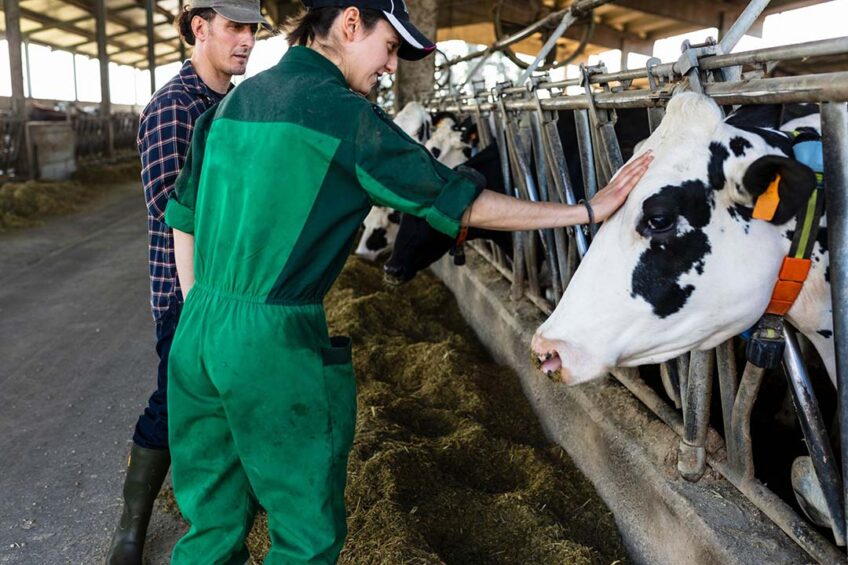
Levels of bovine tuberculosis have fallen to their lowest levels for 15 years, prompting growing hopes that England and Wales could officially be declared free of bTB within the next 2 decades.
At last month’s national TB conference in Worcester, 7 out of 10 delegates felt that official TB-free status was achievable in England by 2038 and Wales by 2041 following presentations by government and industry advisers. Much of the optimism stemmed from the work of the TB Advisory Services (TBAS) and the positive impact it has had for farmers in England.
Sarah Tomlinson, TBAS technical director and Kingshay veterinary consultant, said everyone was a vital part of the eradication strategy: “The biggest barrier to TB control was the “them and us” mentality when it came to government, vets and farmers. We share a common goal, working towards a TB-free future,” she said, adding: “We need legislation to protect our disease status and allow farmers to trade. Equally, we need some control, choice and trust to be given to vets and farmers to allow them to manage TB in line with their business objectives.”
Ele Brown, head of Defra’s Bovine TB programme, provided encouraging statistics to delegates, showing that levels were the lowest since 2018 but that it was essential to work in partnership so that the downward trend would continue. Statistics from the summer showed herd prevalence was 0.2% in June. At the end of the month, 4.3% of herds were not officially TB-free compared with 5.1% in June 2022. Looking to the future, she said there would be a rollout of new tools to help combat the disease, including a cattle vaccine.
TB cattle vaccine a top priority
In a parliamentary debate in the House of Lords shortly before Christmas, Lord Harlech said a candidate vaccine, CattleBCG, has been identified. “The Animal and Plant Health Agency has also developed a companion candidate test to detect infections among vaccinated animals. This represents a major scientific breakthrough. Field trials are ongoing and, if successful, will move us closer to being able to vaccinate cattle in England against this insidious disease. Deploying a vaccine against TB in cattle remains a top government priority, but I am pleased to say that vaccinating badgers against TB is already a reality.”
Ruth Little, professor of geography at the University of Sheffield, shared a social science approach, focusing on the potential barriers to implementing biosecurity measures on farm including financial measures, practicality, trust and awareness. She said there were 3 factors to working collaboratively to achieve a bTB-free future: A shared mission, finding workable solutions and developing policy with each other rather than for each other.
The conference also heard from the Farming Community Network’s chief executive officer Jude McCann and South West regional director Stephen Dennis, who spoke of the financial, emotional and physical effects the disease has on people. They shared results of their recent UK-wide survey which saw more than 450 farmers talk about their experiences with bTB and its impacts. Over 80% of farmers that took part had experienced a bTB breakdown and 60% had changed their farming business as a result. They said it was clear the disease had significant impacts on households, physical well-being and mental health.
Join 13,000+ subscribers
Subscribe to our newsletter to stay updated about all the need-to-know content in the dairy sector, two times a week.



